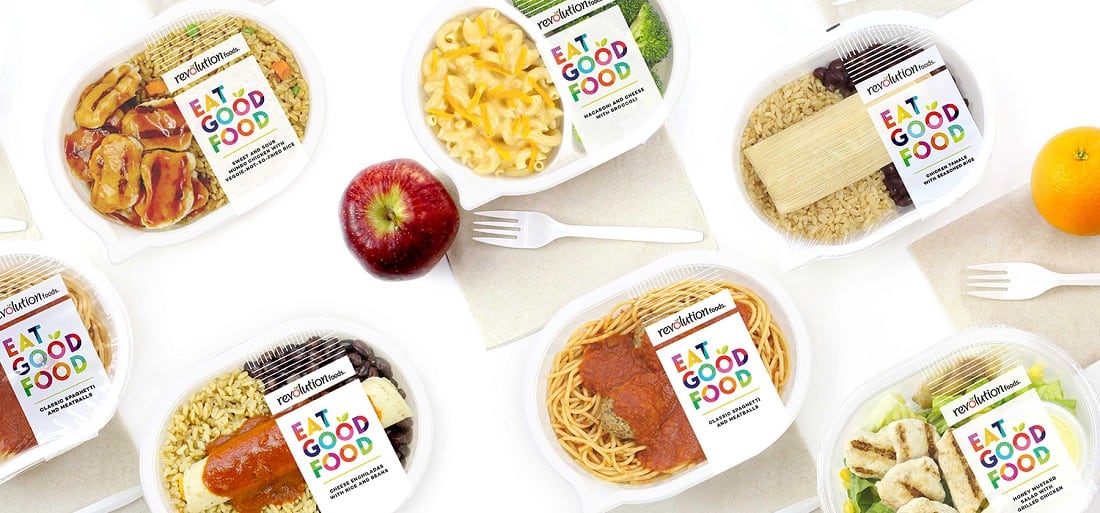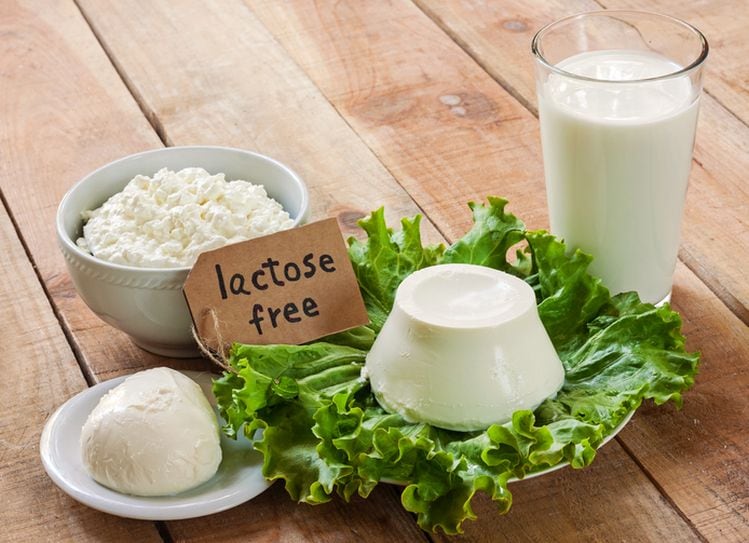Engels takes over the CEO position from founder Kristin Groos Richmond who spent the past 15 years leading and building the company and who will continue in her role as Chairwoman of the Board.
Engels has spent his career in the food and beverage industry including time spent at consulting firm McKinsey & Company along with a long stint at The Wonderful Company where he served as president of POM Wonderful before leaving to become CEO of Stone Brewing, the ninth largest craft brewer in the US.
He has now turned his career path and is applying his skills running companies with hard assets to address one of the largest consumer demographics in the US: the food insecure.
According to USDA ERS data, 10.5% (13.8 million) of US households were food insecure in 2019 and that figure remained unchanged in 2020.
"If you don’t know where your next meal is coming from, that’s food insecurity," Engels told FoodNavigator-USA.
"I see a big opportunity in the addressable market of the food insecure, which is something that’s unfortunately enduring."
That doesn't mean that companies such as Revolution Foods haven't made significant progress or created meaningful solutions to such a pervasive issue, however. According to Engels, last year, Revolution Foods served over 48 million meals to food insecure communities and operates eight culinary centers around the US where the company creates its fresh, nutritionally balanced meals.
Leaner business model: 'Retail in the past was an experiment for us'
When first starting out, Revolution Foods had its hands in not just foodservice but retail, and at one point was in over 4,000 retail locations, but discontinued its CPG line of products in July 2018 because of its "deepened commitment to expanding school and community meal offerings," the company stated on its website.
As a result, the company has taken a step back to refocus on foodservice and now serves meals to various sites across 23 states, including community feeding programs, childhood education centers, districts, charter schools, senior programs, and after school youth programs.
Among his many new day-to-day responsibilities as CEO, Engels will lead the operational side of the business and its expansion into new channels to have a broader impact.
"Retail in the past was an experiment for the company, and I'm not saying today that we wouldn't do that again, but I do think there's opportunity abound to find more ways to get healthy meals in front of folks," said Engels.
Kid focus
While the company did make a hard pivot to expand its reach outside of schools, Engels said that it expects most of its growth in 2022 to come from schools.
"Our primary business is K-12, school based business. And those are students that really rely on our food whether school is in session or not. No one stops being hungry for spring break or summer," said Engels.
"There’s definitely some growth planned for the year vs. the prior year. I’m going to say generally speaking around 20% growth [expected this year]. The growth is built off of our K-12 business coming back online. We’re not really all the way back to 2019, but we made some huge strides this fall."
Engels noted that while the volume of meals created at each of its eight culinary centers dotted around the US is high, its standards to nutrition, high-quality ingredients, taste, and variety are higher.
"Our philosophy is not only to have healthy food, but we have a list of ‘never-ever ingredients’ (bleached flour, aspartame, artificial ingredients, etc.) that go beyond minimum USDA compliance. The other piece of it is designing culturally-responsive meals. Just because it’s healthy, doesn’t mean a child is going to eat it," said Engels.
Part of its 'culturally-responsive' regional meal approach involves monthly surveys of its consumers and tailoring their meals based on their responses and preferences.
"I'm really excited to try and scale our impact. For us, it's about addressing and serving more schools, more city-wide feeding programs, and seniors, these are all focuses for the company," added Engels.




